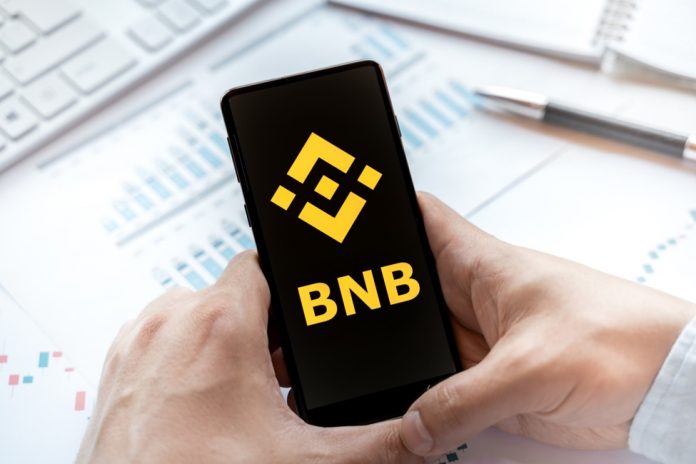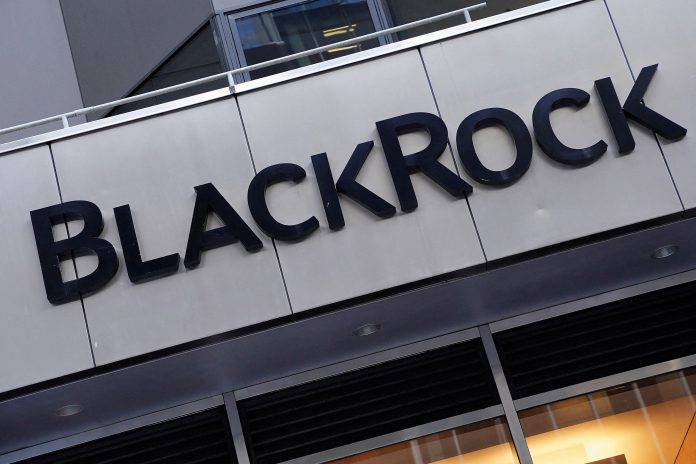The U.S. Federal Reserve is expected to trim its benchmark interest rate by a quarter percentage point at the December 9-10 policy meeting, with a large majority of more than one hundred economists surveyed by Reuters predicting another round of easing to support a cooling labor market.
That strong consensus mirrors November’s poll and aligns with the nearly eighty-five percent chance of a cut implied by futures markets, even as policymakers themselves have grown increasingly divided over whether the world’s largest economy needs further stimulus.
The split within the central bank stands in stark contrast to the unity among economists surveyed. The Fed delivered a quarter-point cut in October, but Chair Jerome Powell has repeatedly warned against risking a resurgence of inflation. Powell has stressed that a December cut was far from a “foregone conclusion,” a message sharpened by the fact that inflation has remained above the Fed’s two percent target since March 2021.
Complicating matters further, a forty-three-day government shutdown delayed key economic data releases, leaving policymakers to operate with partial visibility at a time when clarity on inflation, wages, and consumer spending is vital. Minutes from the October meeting revealed deep internal fractures, with some FOMC members saying rates should remain unchanged and several openly opposing the cut that was ultimately delivered.
Still, the November 28-December 4 poll showed an overwhelming eighty-two percent majority—eighty-nine of 108 economists—expecting another twenty-five basis point reduction next week.
Thomas Simons, chief U.S. economist at Jefferies, said the October caution came partly from a lack of available data during the shutdown. He argued that Powell is now unable to rely on that same justification, especially after several Fed governors signaled support for continued easing.
New York Fed President John Williams recently joined governors Michelle Bowman, Christopher Waller, and Stephen Miran in backing rate cuts, saying easing could be done without jeopardizing the inflation goal and would offer insurance against further weakness in the labor market.
Even so, as many as five of the twelve voting FOMC members have publicly opposed further cuts, widening the policy rift at a time when financial markets are clamoring for clarity.
The disagreement among central bankers is also echoed in forecasts for 2026, where divisions are striking. Median projections from the poll point to two additional cuts that would bring the federal funds rate to between 3.00 and 3.25 percent by the end of that year, yet no single quarter shows a clear majority. Concerns tied to the administration’s large tax-cut and spending bill, tariff uncertainties, and questions about the Fed’s institutional independence have all contributed to the fog surrounding long-term rate expectations.
Kevin Gordon, head of macro research and strategy at the Schwab Center for Financial Research, said reflationary forces rooted in fiscal policy and tariff-driven goods prices will constrain how far the Fed can ease. He warned that the so-called “big beautiful bill” risks keeping price pressures higher than expected. Conflicting public signals from FOMC members on the timing and scale of future cuts have also fueled hedging flows, with investors ramping up protection against policy uncertainty in recent weeks.
A wide gap has also emerged in inflation expectations across the economy. The University of Michigan’s consumer surveys show inflation expectations near four percent, while market-based measures such as breakevens and Treasury Inflation-Protected Securities remain far lower. Gordon said the disconnect is problematic because inflation perceptions remain central to affordability concerns, which have become a dominant issue for households.
Poll medians showed the Personal Consumption Expenditures index—the Fed’s preferred inflation gauge—running above two percent through 2027, suggesting a prolonged, stubborn descent toward the target. Growth expectations also signal a slower trajectory. The U.S. economy is expected to have expanded three percent in the third quarter, shifting sharply to 0.8 percent this quarter. Economists expect growth to average two percent both this year and in 2026.
The tension between cooling economic momentum, sticky inflation expectations, and a splintered central bank lies at the heart of the risks looming over 2026. If fiscal policy maintains its expansive stance while tariffs continue to prop up goods prices, the Fed may find itself trapped between growth concerns and persistent inflation. A sustained disconnect between consumer inflation expectations and market pricing could also force policymakers to take a more cautious route on rates, even as labor markets soften further.
Markets broadly expect the December cut, but the fractures inside the Fed and the uncertainty surrounding the economic path highlight that next week’s move may not signal a smooth easing cycle. Instead, it could mark the beginning of a more contentious debate over how much support the U.S. economy can expect as the effects of this year’s slowdown carry into the next political and fiscal cycle.






